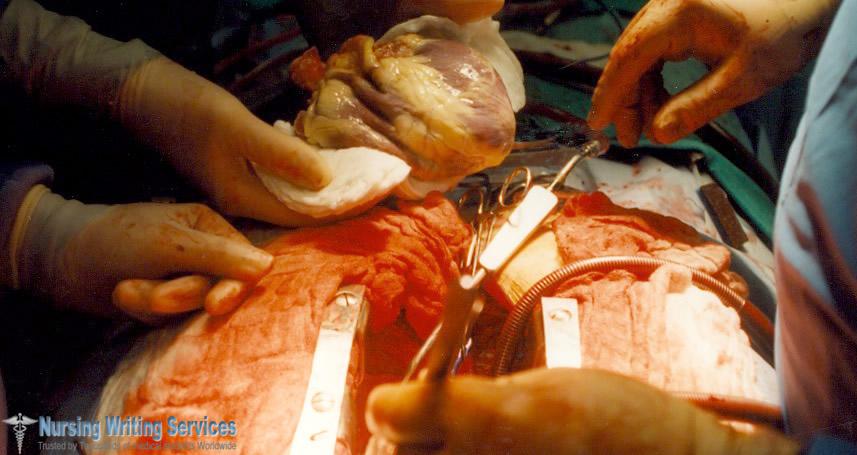
Can stem cells be used to help cut death rates in heart attack patients?
The heart muscle relies on a steady flow of the oxygen-rich blood to nourish and keep it pumping. Interruption of blood flow by a blockage in the artery causes a heart attack because the area that relies on the blood that blocked vessel feeds starts to die. Scar forms on the area and this damage over time will lead to failure especially in the case of one attack after another.
Researchers discovered that a heart failure after a heart attack occurs due to death of the heart muscle cells .they have been developing strategies to 'return muscles' to the damaged heart wall and improve its function.
The use of stem cells that have the potential to grow into a variety of heart cell types can potentially repair and regenerate damaged heart tissue. Seventeen hearPatients under observation of researchers after infusion of stem cells from their hearts showed that their scar tissue had shrunk by about a half a year after the procedure. They are now transplanting various types of stem cell and progenitor cells into a patient to repair damaged heart muscle. These strategies mainly use adult stem cells in the bone marrow, fat or even the heart. They might also use pluripotent (iPS or ES) cells.
Preliminary results from the experiments with adult stem cells are encouraging because they show an improvement of cardiac function although they might die shortly after transplantation. The results brought the idea that stem cells are capable of releasing signals that improve function without replacing lost muscle —clinical trials on transplanting adult stem cells from bone marrow and started in the early 2000s. These trials helped to demonstrate that transplanting cells into a damaged heart is feasible and safe for patients. However, the larger trials were random, placebo-controlled and blinded thus indications indication of an improvement in function were fewer.
The consensus now is that adult stem cells have a modest benefit to the cardiac function. An outstanding feature about the stem cell-derived cardiomyocytes is thatthey beat in unison when in a culture dish in a similar way in healthy heart muscles. This observation is essential as the researchers explore if they many one days grow replacement tissue for transplantation to patients. It is still not clear whether lab-grown cardiomyocytes will integrate or even beat in unison with the surrounding cells after transplanting in a beating human heart.
Study on the Ability of Stem Cells to Cut Death Rates In Heart Attack Patients
Injecting adult stem cells to the heart has a potential to halve deaths that occur due to heart failure according to a study published in Lancet. This study found that the death rate and hospitalization in patients who got this treatment was lower by 37 per cent.
The study had 126 patients from various hospitals across the USA. Sixty of the patients got an injection with stem cells while 66 got an injection with a placebo. This procedure took two hours, and most of the patients got a discharge a day after surgery. The researchers got stem cells from culture grown bone marrow for direct injection into the hearts of the patients in the non-placebo group.
The number of patients from the stem cell group who died after receiving stem cell therapy was 3.4% while 51.7% got hospitalization. This number is lower compared to 13.7 and 82.4% respectively in a group that got a placebo.
Future of Stem Cells in Cutting Death Rates in Heart Attack Patients
People with interest in heart health have been discussing cell therapy and its capability for many years, and these results show that it works. The conclusion is that it works by slowing down or reversing the rate of disease progression. Researchers believe that stem cell injection makes the existing cells to work better rather than increase the number of blood or muscle vessels in the heart. The study authors, however, say that just found a small overall improvement in the heart function.
The hope by researchers is to start a larger clinical trial that involves more patients with heart failure in the next phase. Some researchers believe that stem cell therapy might become a standard treatment for heart muscle damage is just a few others away whereas others feel that it will take much more work.

